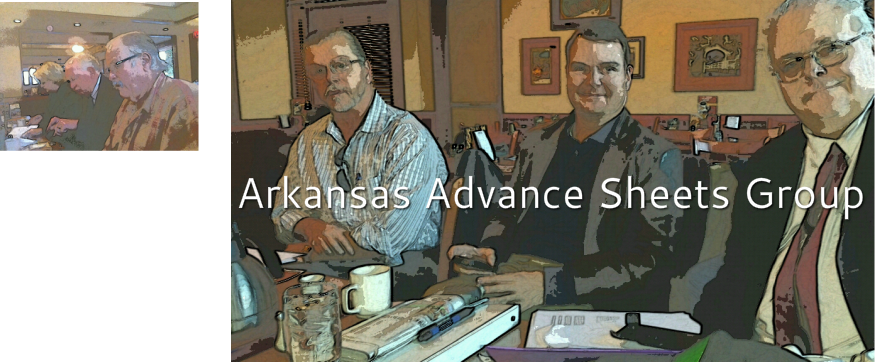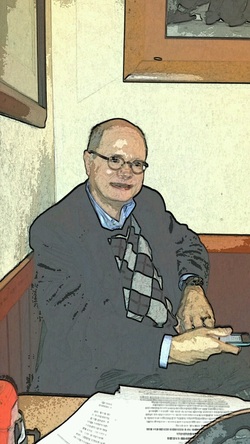Two of the members were able to add some personal insight on decisions. R. David Lewis prevailed in O'Dell v. Director of Workforce Services. This was a victory for small businesses who hire truly independent contractors. Gerry Schulze prevailed in Abo v. Walker, which was hotly contested on both substantive and procedural grounds. The procedural issue carried the day, but in a footnote the Court indicated the substantive issues would have resulted in a favorable outcome as well.
One of the great things about this group is that we have a wide range of experience. When a question of eminent domain arose, there was someone who knew about it. The Rules of Criminal Procedure can be complicated, but several members who are active in criminal defense work provided some perspective. The damages issues in a motor vehicle accident case were discussed by several members, including one who had handled one of the earlier cases the Court of Appeals relied on in deciding Fort v. Miller.
Experience is invaluable. We encourage lawyers to keep up to date on the new wrinkles in the law.



 RSS Feed
RSS Feed
